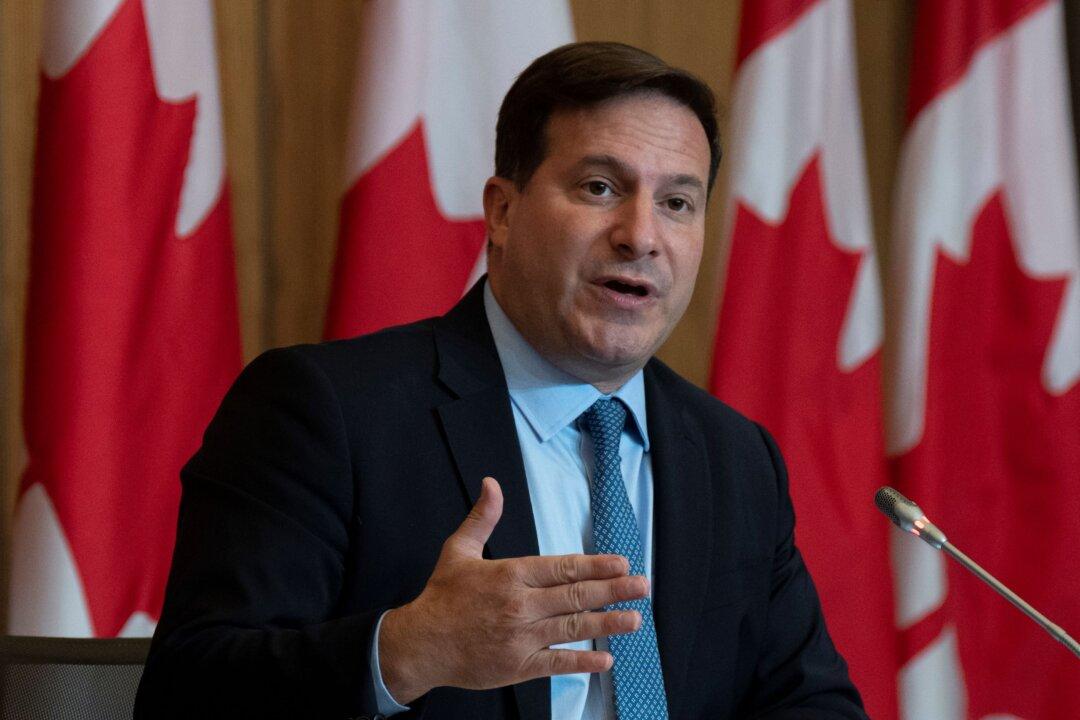Public Safety Minister Marco Mendicino said that a bill on foreign aid will not include a blanket exemption to terrorism laws for humanitarian workers in areas such as Afghanistan.
“Our government considered all possible remedies, including the possibility of a humanitarian exemption to the existing law. However, a statutory carve-out would not provide in our submission the same security checks and balances and would risk greater abuse of the permission,” Mendicino told the House justice committee on Monday.





